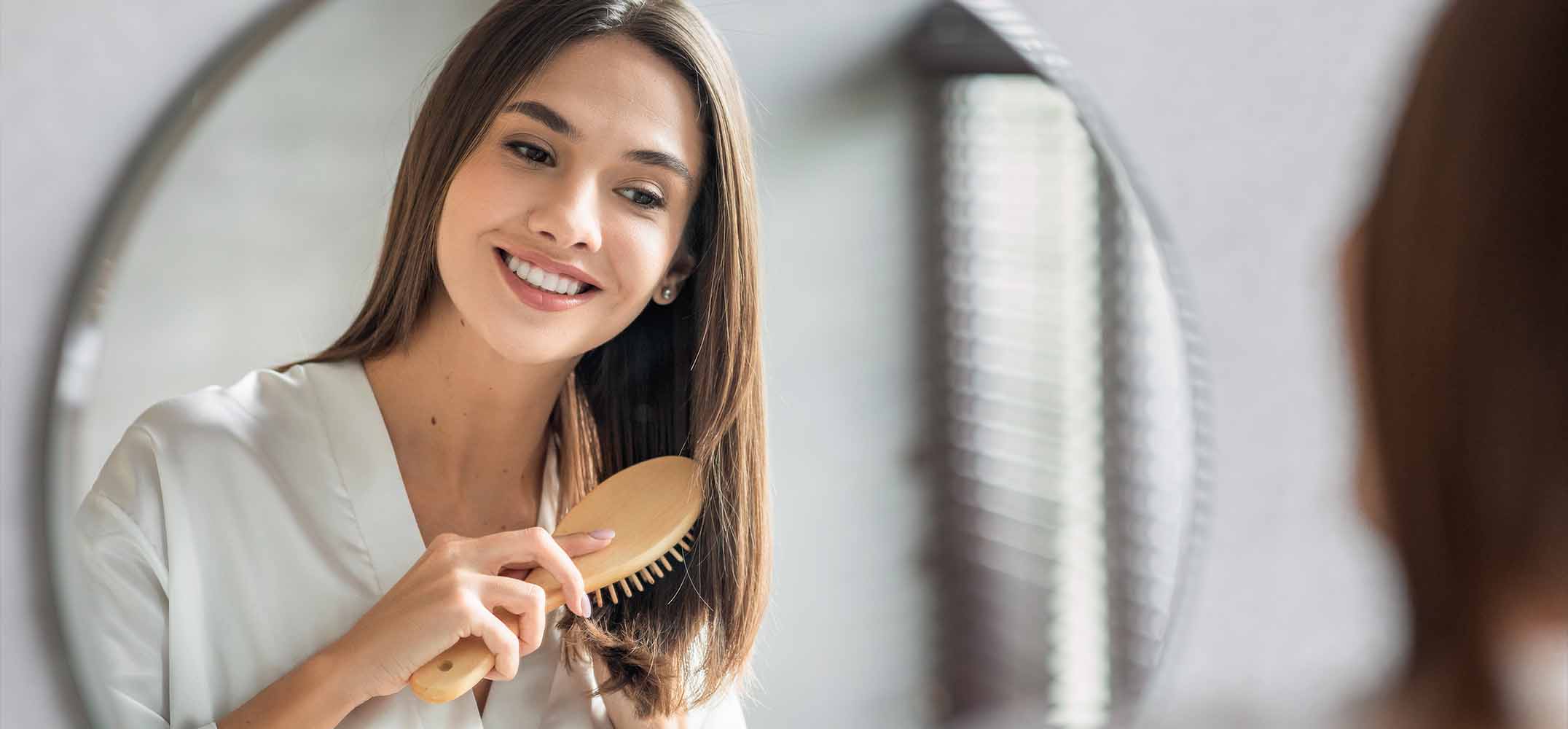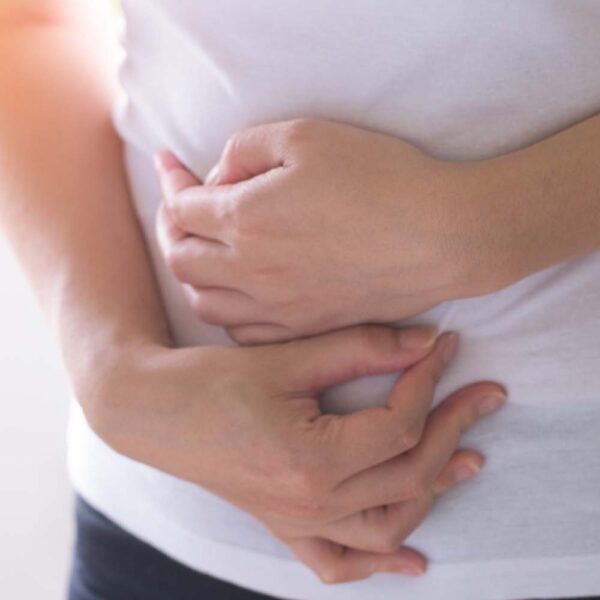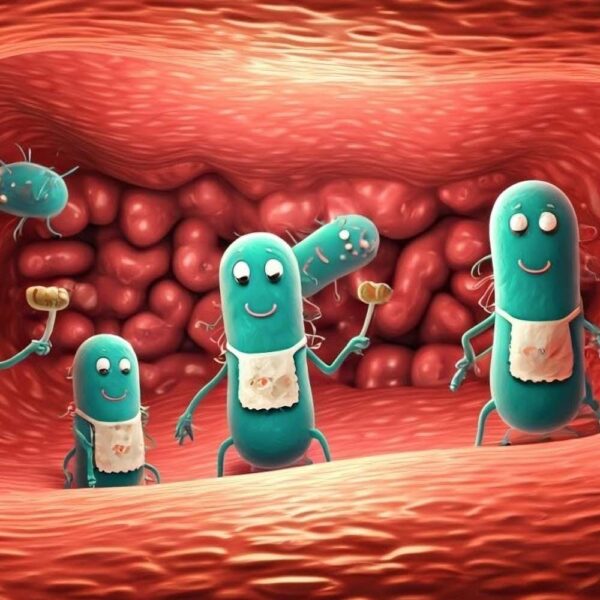Losing one’s hair due to alopecia is a scary and often shameful experience. First off, there is NOTHING to be ashamed of! So many of us suffer from hair-loss in various forms, but the good news is that there are solutions available to all of us! First, let’s unpack androgenetic alopecia, commonly known as pattern baldness. It affects millions of individuals worldwide, impacting both men and women. This condition, characterised by progressive hair loss, is deeply rooted in genetics and hormonal factors, making it a challenging issue to address. However, recent research suggests that collagen plays a significant role in managing androgenetic alopecia and promoting overall hair health.
The genetic and hormonal basis of androgenetic alopecia
Pattern baldness, or androgenetic alopecia, is primarily determined by genetic predisposition and hormonal factors. It is characterised by a heightened sensitivity of hair follicles to dihydrotestosterone (DHT), a hormone derived from testosterone. This sensitivity leads to the gradual shrinking of hair follicles, resulting in shorter and finer hair growth cycles. Over time, affected follicles may cease to produce visible hair, leading to noticeable baldness. Both men and women can experience androgenetic alopecia, although the pattern and progression of hair loss tend to differ between the sexes. In men, hair loss typically begins with a receding hairline and thinning at the crown, eventually leading to baldness in these areas. On the other hand, women usually experience diffuse thinning throughout the scalp, with the hairline remaining intact.
The role of collagen in hair health
Collagen is the most abundant protein in the human body, providing structural support to various tissues, including the skin, bones, and hair. In the context of hair health, collagen plays a crucial role in maintaining the strength and elasticity of the hair shaft, as well as supporting the structure of the hair follicle. As we age, the production of collagen naturally declines, which can contribute to various signs of aging, including hair thinning and loss. Additionally, factors such as poor diet, stress, and environmental damage can further deplete collagen levels, exacerbating hair-related issues.
Emerging evidence suggests that collagen supplementation may offer benefits for individuals dealing with androgenetic alopecia and other forms of hair loss. Collagen peptides, derived from animal sources such as bovine or marine collagen, contain amino acids that are essential for supporting hair structure and growth. Studies have shown that collagen supplementation can promote hair growth by increasing the diameter of individual hair fibres, improving hair texture, and stimulating hair follicle regeneration. Additionally, collagen’s impact on DHT involves supporting hair follicle health, potentially inhibiting enzymes like 5-alpha-reductase involved in DHT production. Improved follicle health may reduce hair loss associated with DHT.
Incorporating collagen into your hair care routine
If you’re dealing with androgenetic alopecia, or simply want healthier, fuller-looking hair, incorporating collagen into your daily routine is a must! Our Pure Hydrolysed Collagen is tasteless and odourless, which makes adding it to your daily routine easy. You should complement your collagen intake with a balanced diet rich in nutrient-dense foods, including fruits, vegetables, lean proteins, and healthy fats, to support overall hair health.
Androgenetic alopecia is a complex condition influenced by both genetic and hormonal factors, making it challenging to manage effectively. However, by understanding the role of collagen in hair health and incorporating collagen supplementation into your routine, you will be able to support hair growth and hopefully fight off pattern baldness.







